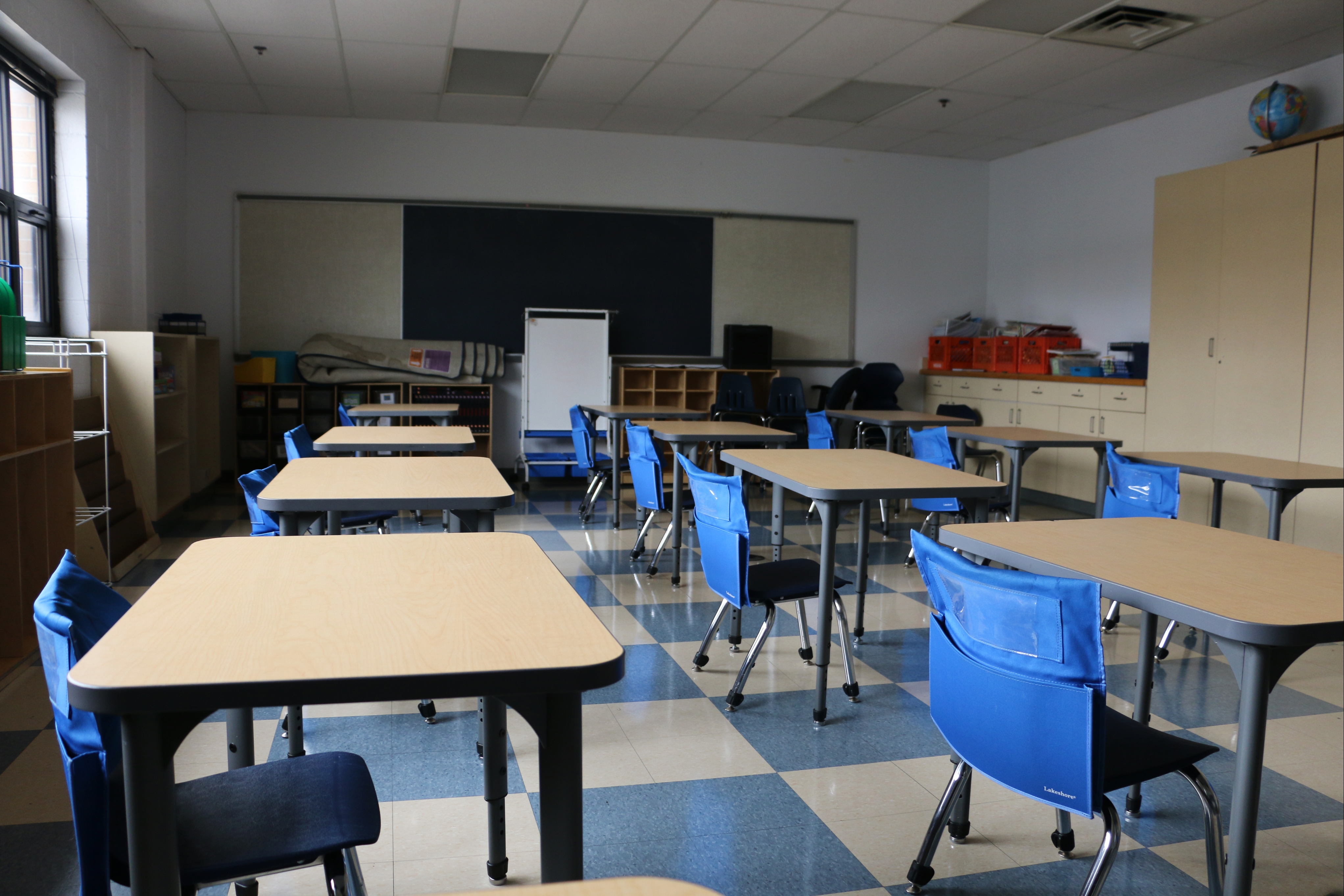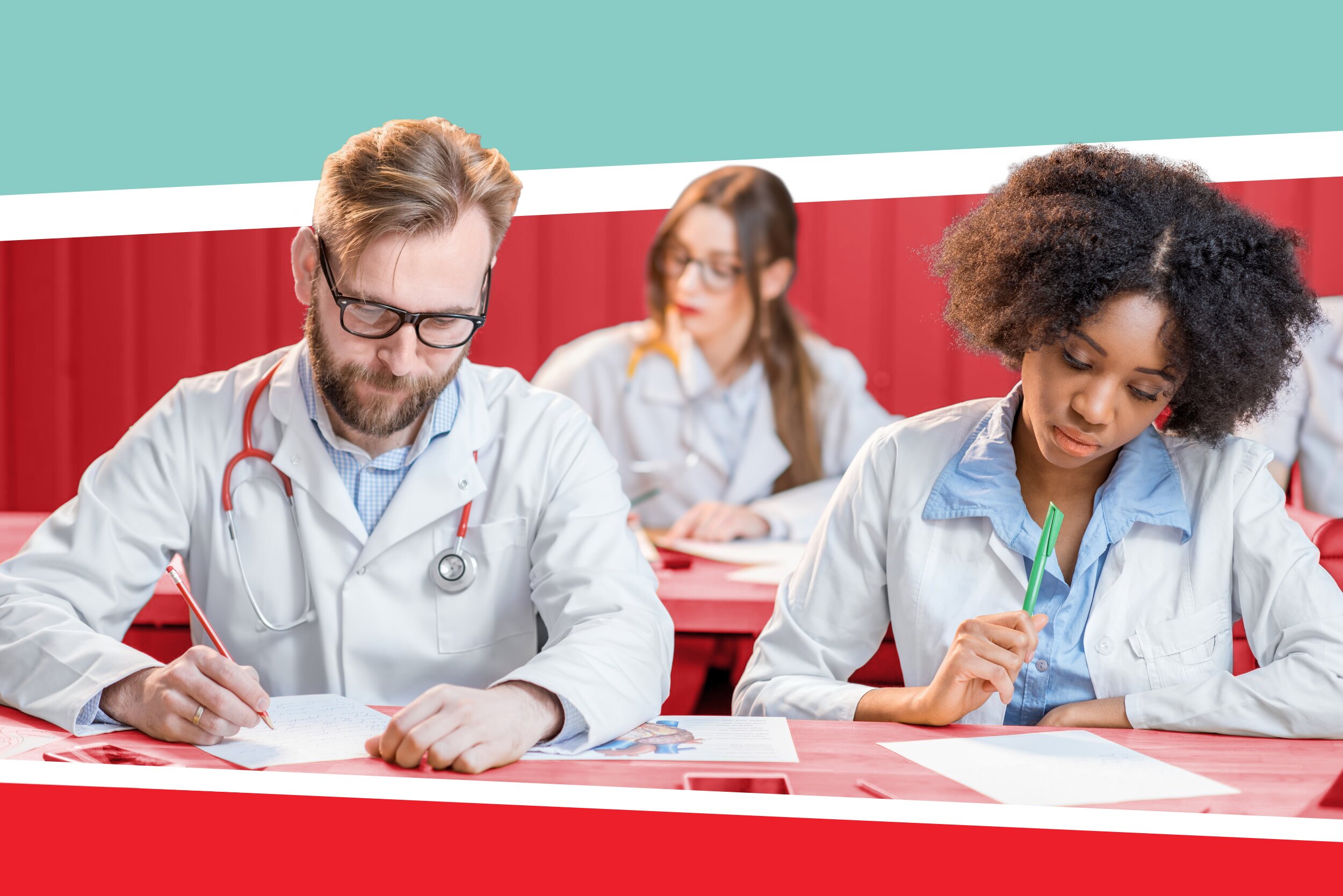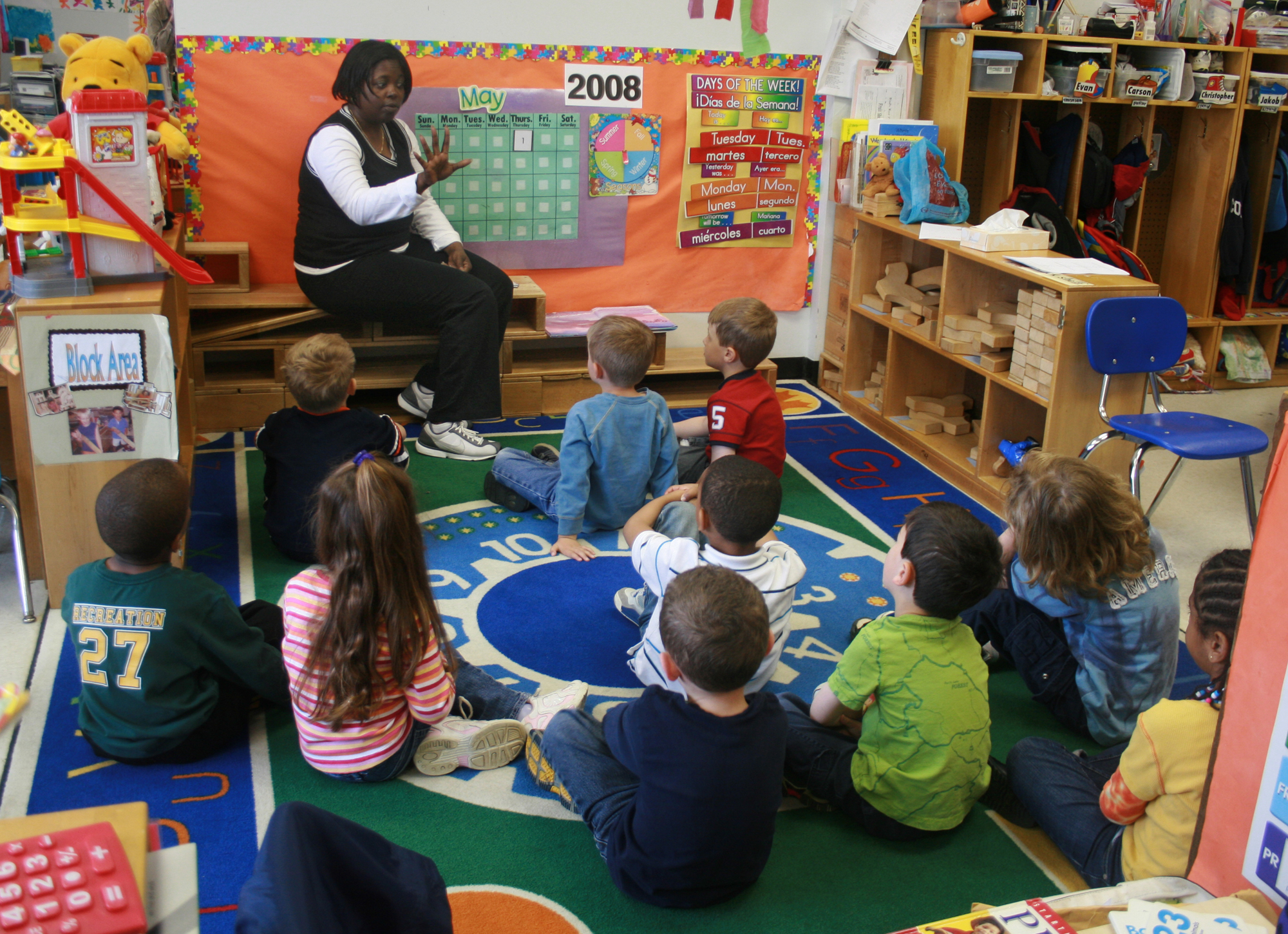Check Out the Difficulties Facing Our Neighborhood: Save Temecula Schools
Check Out the Difficulties Facing Our Neighborhood: Save Temecula Schools
Blog Article
How Schools Play an Important Role in Shaping Future Leaders and Trendsetters
Institutions contribute fit future leaders and trendsetters via the growing of important thinking, imagination, and partnership. By incorporating project-based discovering and interdisciplinary research studies, universities challenge pupils to examine and synthesize complex info. Teachers function as coaches, guiding students and nurturing their capacity, while extracurricular tasks further create management abilities and durability. This vibrant environment not just concentrates on specific strengths yet additionally highlights the importance of synergy, important for navigating tomorrow's challenges. How specifically do these elements interplay to create a robust structure for future success?
Promoting Critical Thinking
In today's quickly evolving world, fostering important assuming within academic organizations has actually become vital. As culture faces increasingly complex international challenges, the capability to evaluate, assess, and manufacture information is important. Institutions play a critical function in creating these abilities, preparing students to browse and resolve multifaceted troubles with educated, reasoned decisions.
To grow essential thinking, educators utilize different pedagogical techniques that motivate active discovering and intellectual involvement. Class discussions, problem-based discovering, and Socratic questioning contribute in promoting reflective and analytical idea procedures. By testing pupils to question assumptions and consider multiple perspectives, these techniques make sure a deeper understanding of subject matter past rote memorization.
In addition, incorporating essential believing throughout the educational program strengthens its significance and applicability in diverse contexts. Topics such as mathematics, science, history, and literary works each deal special chances to establish trainees' important professors. Assessing historic events calls for comprehending and reviewing sources context, while scientific query demands strenuous theory testing and evidence-based reasoning.
Eventually, instilling important thinking skills in trainees equips them with the cognitive tools needed for lifelong discovering and flexibility. It is with this fundamental competence that future leaders will be able to introduce, resolve troubles, and add meaningfully to culture.
Encouraging Creativity
Embracing imagination within instructional structures galvanizes students to assume past standard borders and explore cutting-edge solutions. By incorporating creative ventures and imaginative thinking workouts right into the curriculum, schools cultivate an atmosphere where originality and creative thought are valued. This strategy not only enriches the academic experience yet additionally furnishes pupils with the capacity to tackle real-world obstacles in unique methods.
School can foster creativity through varied methods such as project-based learning, interdisciplinary researches, and the consolidation of arts and modern technology. Project-based knowing, as an example, motivates trainees to use their understanding in sensible, frequently collaborative, projects that require creative analytic abilities. Interdisciplinary research studies enable trainees to attract links in between various subjects, thereby broadening their perspectives and boosting their imaginative capacities.
Furthermore, supplying trainees with possibilities to involve with emerging innovations, such as coding and electronic design, further supports their innovative potential. These activities motivate trainees to experiment, fall short, and iterate, which are crucial elements of the creative procedure (Save Temecula Schools). By maintaining an encouraging atmosphere where experimentation is urged, schools can make certain that trainees develop the self-confidence to go after innovative concepts
Essentially, nurturing creative thinking in academic settings is indispensable for forming future leaders and innovators qualified of attending to complex international problems with ingenuity.
Promoting Partnership

Applying group-based learning components and cooperative jobs enables students to experience the characteristics of synergy firsthand. This not just prepares them for the collective nature of modern-day offices however also nurtures leadership top qualities as they often have to handle duties such as task managers or group organizers. Furthermore, cooperation in the classroom can break down social obstacles and promote inclusivity, making sure that each trainee feels valued and listened to.
In addition, integrating technology can further sustain collaborative efforts. Tools like common interactive platforms and electronic workspaces make it possible for pupils to function together successfully, also outside the classroom. As pupils develop these joint skills, they are better equipped to deal with complex obstacles and innovate, laying the foundation for their future functions as trendsetters and leaders.
Role of Teachers as Coaches

Mentorship entails personalized interest, where educators determine and nurture specific toughness and address weak points. Save Temecula Schools. Through individually communications, instructors can customize their advice and support to fulfill each student's special requirements, fostering a feeling of self-confidence and strength. This individualized strategy cultivates a development attitude, encouraging students to view failures as chances for learning and development
Additionally, instructors act as duty versions, showing the worths of perseverance, compassion, and stability. Their actions and useful content perspectives give a blueprint for trainees to mimic, instilling a sense of honest obligation and social understanding. By creating a inclusive and encouraging class atmosphere, educators enable students to develop social abilities that are important for efficient leadership.
Fundamentally, the mentorship provided by educators lays a fundamental framework for the growth of future leaders, outfitting them with the understanding, abilities, and worths required to excel in an ever-evolving globe.
Influence of After-school Activities
When incorporated properly into the instructional structure, extracurricular activities substantially enhance pupil advancement and leadership possibility. These visit here activities offer pupils with chances to check out interests past the conventional educational program, promoting a well-rounded ability set. Clubs, sports groups, and arts programs grow necessary high qualities such as teamwork, time monitoring, and resilience. Engagement in these activities often calls for students to tackle obligations, thereby supporting their leadership capacities.
Trainees engaged in music, debate, or dramatization clubs learn to assume critically and strategy problems from varied viewpoints. By teaming up with peers from different backgrounds, trainees additionally establish compassion and communication abilities, vital qualities for future leaders.
Study shows that trainees involved in such programs often tend to have higher qualities and better presence records. Hence, institutions that prioritize a balanced strategy to education, incorporating durable extracurricular programs, are much more most likely to generate trendsetters and leaders outfitted to meet the obstacles of the future.

Verdict
In verdict, schools considerably shape future leaders and innovators by supporting important thinking, imagination, and cooperation among trainees. By promoting a helpful atmosphere that values specific strengths and team effort, schools gear up trainees with the essential abilities to navigate future difficulties and drive technology.
As trainees establish these joint abilities, they are better furnished to deal with intricate challenges and innovate, laying the foundation for their future functions as leaders and pioneers.
By cultivating crucial thinking and problem-solving abilities, teachers help students navigate intricate difficulties, preparing them for leadership roles in various areas.
By teaming up with peers from different backgrounds, pupils likewise develop empathy and communication abilities, vital attributes for future leaders.
In verdict, institutions dramatically form future leaders and pioneers by nurturing critical reasoning, imagination, and partnership amongst pupils. By promoting a supportive setting that values specific toughness and team effort, colleges furnish trainees with the required skills to browse future obstacles and drive advancement.
Report this page